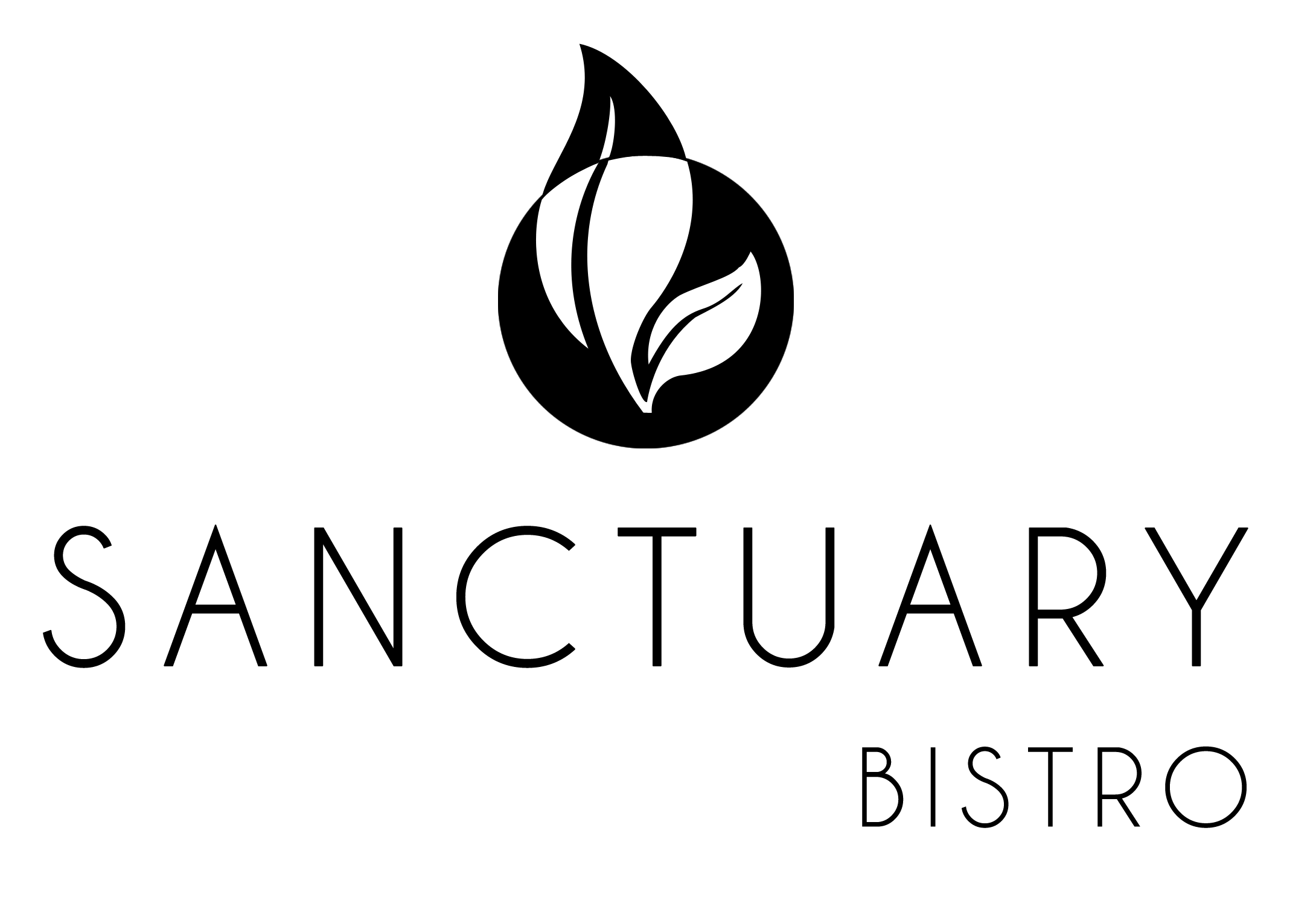Is Veganism the Solution To The Broken Food System?
Katie Cantrell, An amazing person and activist shares some inspiring words and earth-shattering statistics to wake us up to our current food and water crisis. Make sure to check up what she is up to at Factory Farming Animal Coalition.
Infinite diets
Gluten-free. Paleo. Vegan. Pegan. These days it seems there are nearly infinite diets and dieting philosophies. While some people mock these diets as trendy, paranoid, or extreme, they all point to a deeper truth: our current food system is broken, and people are eager to fix it.
Broken Food System
There are many alarm bells sounding, warning that our current system is not working. Every single hour, 149 Americans die from heart disease, cancer, and stroke – that's equivalent to seven 747 jets crashing every single day. If these deaths were caused by plane crashes, there would be non-stop news coverage. But since they're caused by a more pedestrian, but no less deadly, source, they receive little attention. The reality is that our food choices can be a life-or-death decision.
Food Choice is critical
In addition to affecting our own individual health, our food choices also play a critical role in the health of the planet. While food packaging would have us believe that Old McDonald is still farming our food, the unfortunate reality is that 99 percent of animal products in the U.S. come from factory farms. There are nine billion animals raised in intensive confinement in the U.S. every year to produce meat, eggs, and milk. These 9 billion eating, drinking, breathing, pooping animals have enormous consequences.The meat industry is the leading cause of Amazon deforestation, and a leading source of man-made greenhouse gas emissions. According to the U.N. Food and Agriculture Organization, animals raised for food actually account for more greenhouse gases than all of the planes, trains, and cars in the world combined. If everyone in the U.S. cut back their meat consumption by just 20 percent, it would be equivalent to everyone switching from a sedan to a hybrid.
Saving Water
Animal products are also extremely water intensive, which is a grave concern in California right now. It takes over 600 gallons of water to produce a single hamburger, and over 600 gallons of water to produce a single gallon of milk. That means that by switching from a hamburger to a veggie burger, or from a gallon of cow milk to a gallon of soy milk, you can save as much water as skipping an entire month's worth of showers.Luckily, the more sustainable choice is also the healthier choice. Hundreds of studies have shown that there are significant health benefits to eating a more plant-based diet. Vegetarians and vegans are one-third less likely to suffer from heart disease, cancer, or stroke. You can reduce your risk of being one of those plane crash victims by over 30 percent, while simultaneously helping the environment.
Today
Millions of Americans are now realizing the benefits of eating less meat and more plant-based foods. As the demand for plant-based foods increases, the number of delicious products and restaurants grows to meet that demand. As a result, it's never been easier or tastier to eat a more plant-based diet. As anyone who's eaten at Sanctuary Bistro knows, eating plant-based definitely does not have to be a sacrifice.What could be better than helping yourself and the planet by enjoying chocolate chip waffles?We'd love to know what you think. Add your comments below.Katie Cantrell is the Executive Director of the Factory Farming Awareness Coalition (FFAC). FFAC is an Oakland-based non-profit dedicated to empowering people to help save animals, the environment, and our own health through our daily food choices. Visit www.ffacoalition.org for more information.Photo Credit: gadl via Compfight cc
